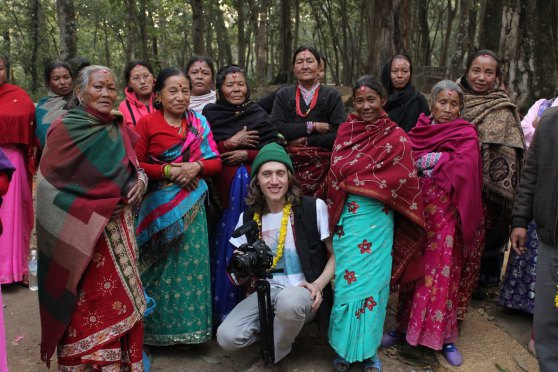Census of Tribal Law Enforcement Agencies
The Tribal Law and Order Act (TLOA), enacted July 29, 2010, requires the Bureau of Justice Statistics (BJS) to establish and implement a tribal data collection system (P.L.
111- 211, 124 Stat.
2258, § 251(b)).
Coverage of Indian country crime and criminal justice statistics is an important priority for BJS and the Office of Justice Programs (OJP).
BJS maintains more than 40 different data series, some of which provide information on crime and the criminal justice response in Indian country.
BJS intends to expand its portfolio on Indian country to provide more useful and current information on crime and criminal justice response in tribal justice systems.
Approximately every 4 years, BJS conducts the Census of State and Local Law Enforcement Agencies (CSLLEA).
CSLLEA provides data on over 18,000 state, local, and tribal law enforcement agencies operating in the United States.
CSLLEA captures data on each agency’s number of sworn and civilian personnel and the law enforcement functions each agency performs.
The 2008 CSLLEA collected data from 178 tribal law enforcement agencies operating in Indian country and provided a profile of tribal law enforcement by type of agency, the number of full-time sworn employees, population and reservation sizes, operating costs per resident, and functions performed on a regular basis.
The information was published in Tribal Law Enforcement, 2008 (NCJ 234217, BJS web, June 2011).
The 2014 CSLLEA, which is currently in the field, will collect similar information in addition to data on race and Hispanic origin of full-time sworn personnel, employment and transitional services provided to military veterans, special recruitment efforts, the number of hires and separations by type, the number of civilian deaths by cause of death, types of technology used by the agency, and characteristics of the agency’s dispatch center.
These data will be collected from all of the more than 18,000 state, local, and tribal agencies nationwide; however, tribal law enforcement data will be limited as the 2014 CSLLEA is designed to collect the same information from all agencies.
111- 211, 124 Stat.
2258, § 251(b)).
Coverage of Indian country crime and criminal justice statistics is an important priority for BJS and the Office of Justice Programs (OJP).
BJS maintains more than 40 different data series, some of which provide information on crime and the criminal justice response in Indian country.
BJS intends to expand its portfolio on Indian country to provide more useful and current information on crime and criminal justice response in tribal justice systems.
Approximately every 4 years, BJS conducts the Census of State and Local Law Enforcement Agencies (CSLLEA).
CSLLEA provides data on over 18,000 state, local, and tribal law enforcement agencies operating in the United States.
CSLLEA captures data on each agency’s number of sworn and civilian personnel and the law enforcement functions each agency performs.
The 2008 CSLLEA collected data from 178 tribal law enforcement agencies operating in Indian country and provided a profile of tribal law enforcement by type of agency, the number of full-time sworn employees, population and reservation sizes, operating costs per resident, and functions performed on a regular basis.
The information was published in Tribal Law Enforcement, 2008 (NCJ 234217, BJS web, June 2011).
The 2014 CSLLEA, which is currently in the field, will collect similar information in addition to data on race and Hispanic origin of full-time sworn personnel, employment and transitional services provided to military veterans, special recruitment efforts, the number of hires and separations by type, the number of civilian deaths by cause of death, types of technology used by the agency, and characteristics of the agency’s dispatch center.
These data will be collected from all of the more than 18,000 state, local, and tribal agencies nationwide; however, tribal law enforcement data will be limited as the 2014 CSLLEA is designed to collect the same information from all agencies.
Obtain Full Opportunity Text:
Program Announcement
Additional Information of Eligibility:
Eligible applicants are national, regional, state, or local public and private entities, including for-profit and nonprofit organizations, faith-based and community organizations, institutions of higher education, federally recognized Indian tribal governments as determined by the Secretary of the Interior, and units of local government that support initiatives to improve the functioning of the criminal justice system.
Full Opportunity Web Address:
Contact:
Agency Email Description:
Agency Email:
cathy.maston@usdoj.gov
Date Posted:
2015-04-07
Application Due Date:
2015-06-08
Archive Date:
2015-07-08
Social Entrepreneurship
Spotlight
Beyond the Four Walls are Empowered Rural Nepalese Women

Social entrepreneur, Stefan Wolf , founded the Beyond the Four Walls, which builds cyber “resource centers” (aka Internet cafes) in rural areas for young women to run.

